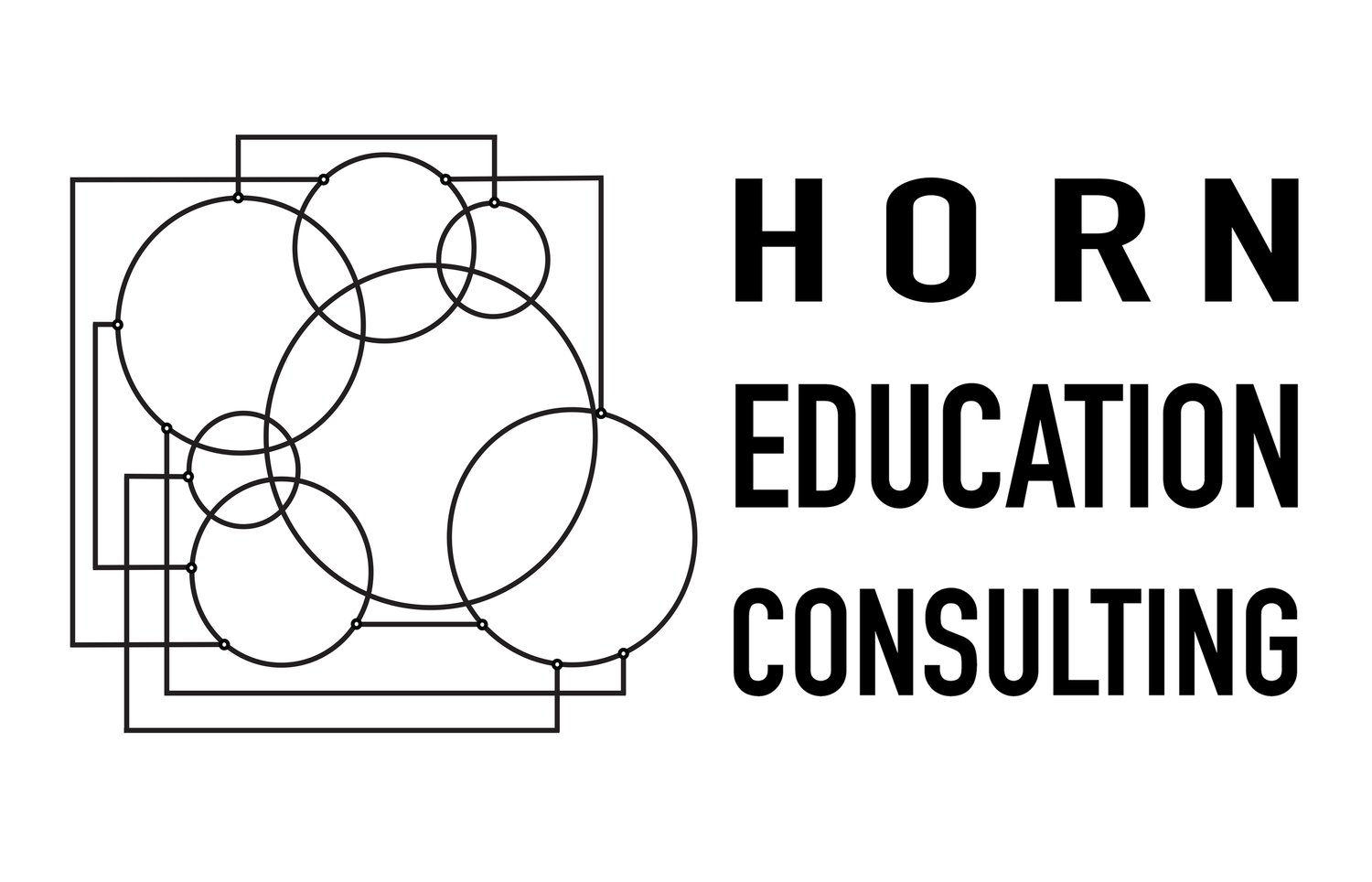Supervision, Poetry, and Feminism with Paula Roy (003)
What's at the center of my educational philosophy? Student voice as a means to citizenship. Who taught me how to get at that? Nobody more than Paula Roy, the teaching supervisor who hired me to work at Westfield High School in New Jersey in 1997. In our conversation, we address the possibilities and the challenge of supervising teachers; how to establish a safe, yet challenging space for classroom discussion; why sarcasm doesn't work in groups; feminism as an f-word anybody can embrace; and poetry as a way to see how everything is connected.
Special thanks for this month's show to Shayfer James, whose amazing music charges the soundtrack. Thanks also to Roy Chambers throughout editing and production, and Al Morales for his inspired illustration “Curriculum,” based on Paula’s description (below).
Second-year teacher English teacher Peter Horn with his supervisor Paula Roy in September 1998 for Back-to-School Night at Westfield High School in New Jersey.
Episode Structure
Act 1: Supervision (04:22)
Act 2: Establishing a safe, yet challenging space for group discussion (11:02)
SIDEBAR: Sarcasm vs. Humor (20:12)
NEW! In honor of Paula’s 80th birthday in 2020, Roy Chambers added animation to this popular 5-minute segment.
Act 3: The F-Word: Feminism (25:05)
Act 4: Only Connect (31:18)
For more details, see transcript and supplementary materials.
"Curriculum" by Al Morales (2017). Used by permission. All rights reserved.
SUPPLEMENTARY MATERIALS
Paula Alida Roy has published chapters in Women in Literature: Reading through the Lens of Gender (Greenwood, 2003)--addressing Lord of the Flies, Oedipus Rex, and Tess of the D'Urbervilles. Her essay "Language in the Classroom: Opening Conversations about Lesbian and Gay Issues in Senior High English" appeared in Overcoming Homophobia in the Classroom: Strategies that Work (Columbia University Press, 1997).
ACT 1: Supervision. Supervising other teachers can broaden your perspective, but you also have to decide who stays and who goes. Because Paula keeps kids at the center of her thinking, click for a related piece.
ACT 2: Establishing a safe, yet challenging space for group discussion. Many of Paula's ideas for fostering a learning community in the high school classroom apply equally to any kind of team environment, as I comment at the end of the story. Click for more information.
ACT 3: The F-Word: Feminism. Paula makes a case for understanding feminism as a lens for any issue related to social justice. At one point she mentions studies by the American Association of University Women (AAUW). Here’s their page with research links to 1991: Shortchanging Girls, Shortchanging America and 1992: How Schools Shortchange Girls.
ACT 4: Only Connect. Paula advocates using poems to make connections between disciplines, and between texts and the world. As somebody long fascinated with the idea that the word text comes from a Latin root (texere) meaning "to weave," I wrote this tribute to Jenny Holzer, John Dewey, and the relatedness of everything.
Toward the end of the segment, I made a joke about the "Committee of Ten" that in 1892 exercised undue influence over the ways we still tend to conceptualize secondary education and its subject-based silos.




